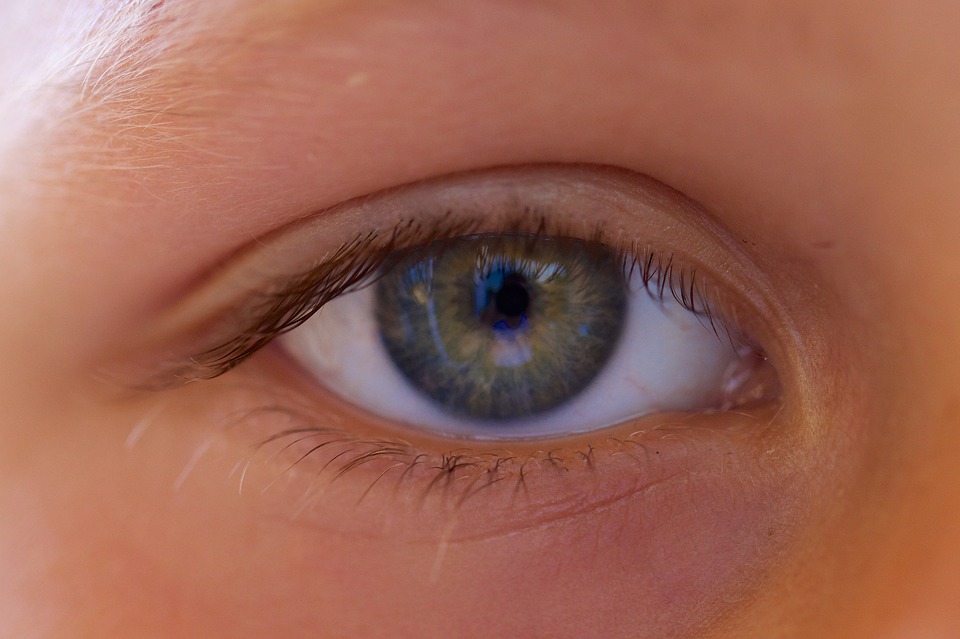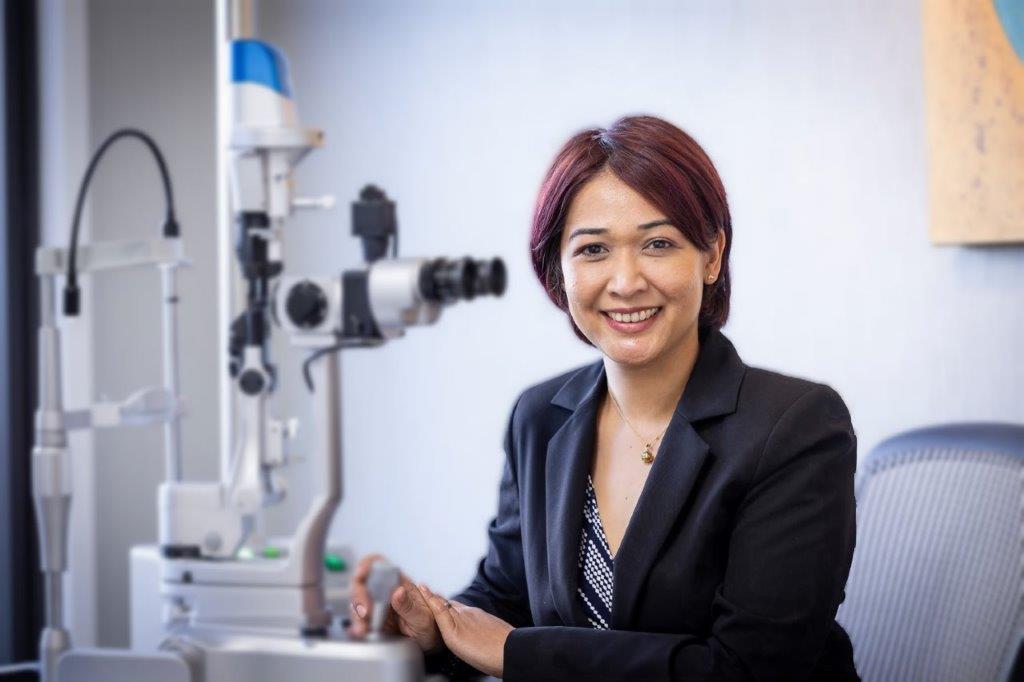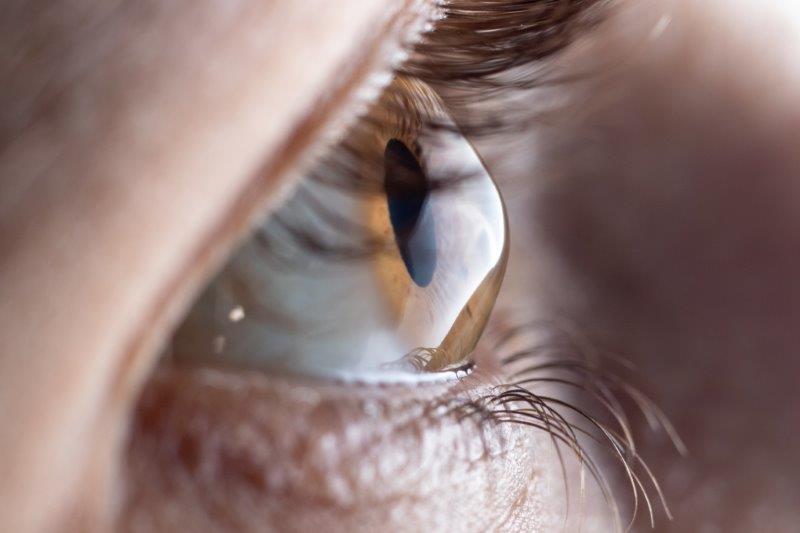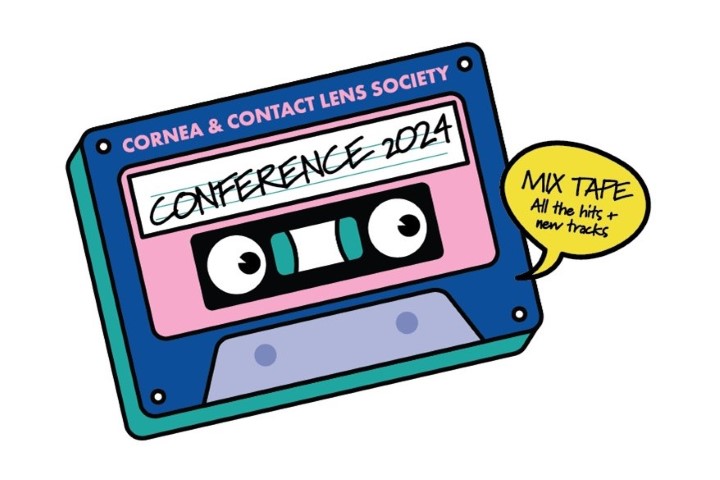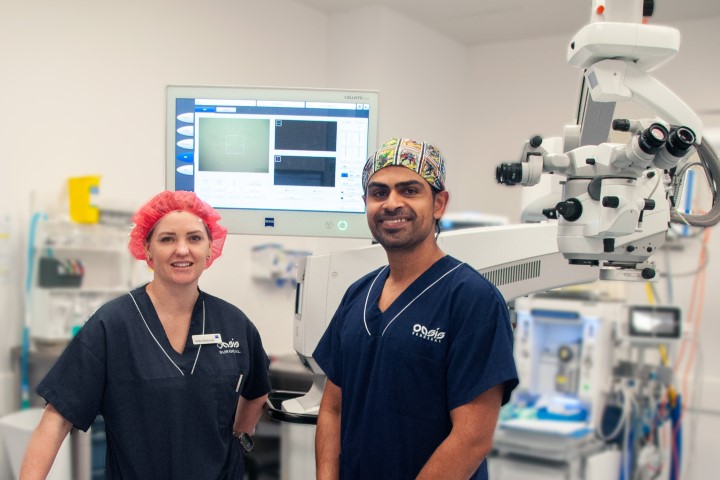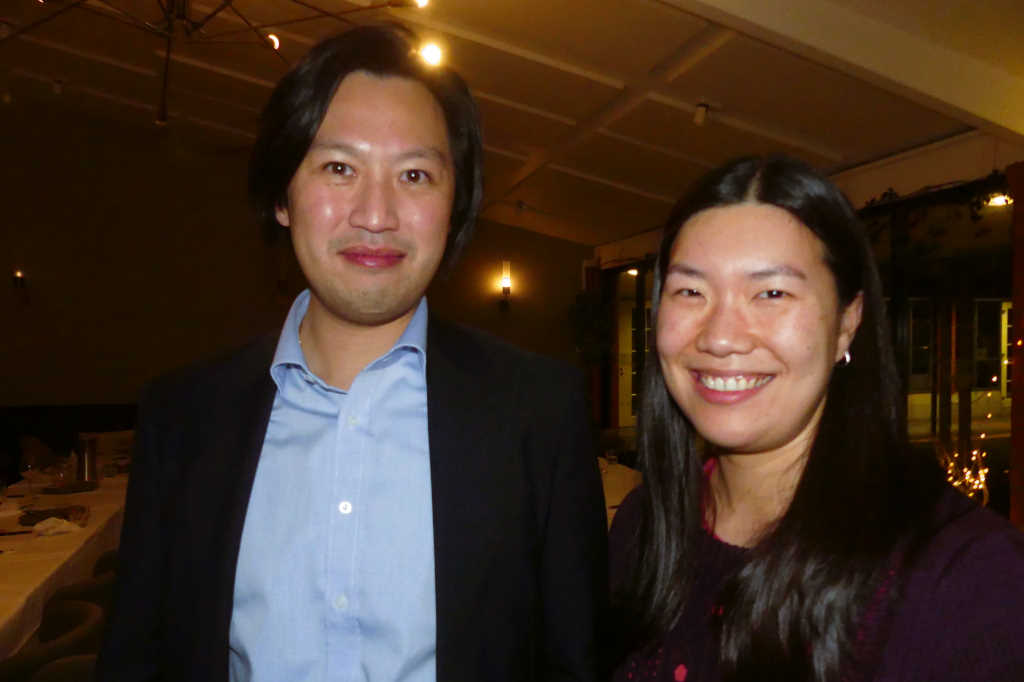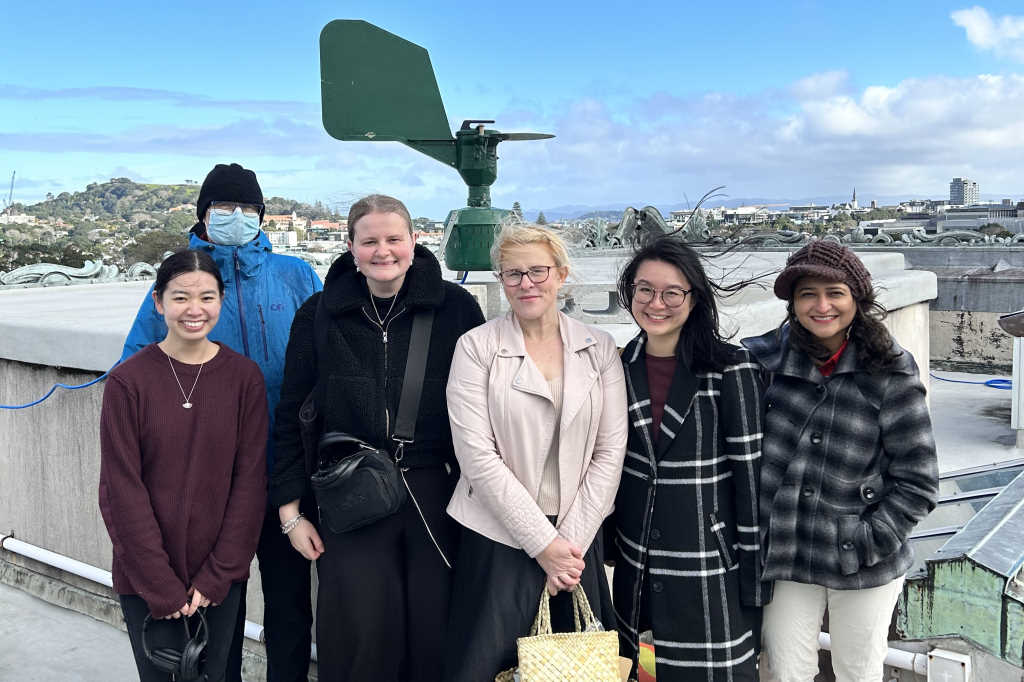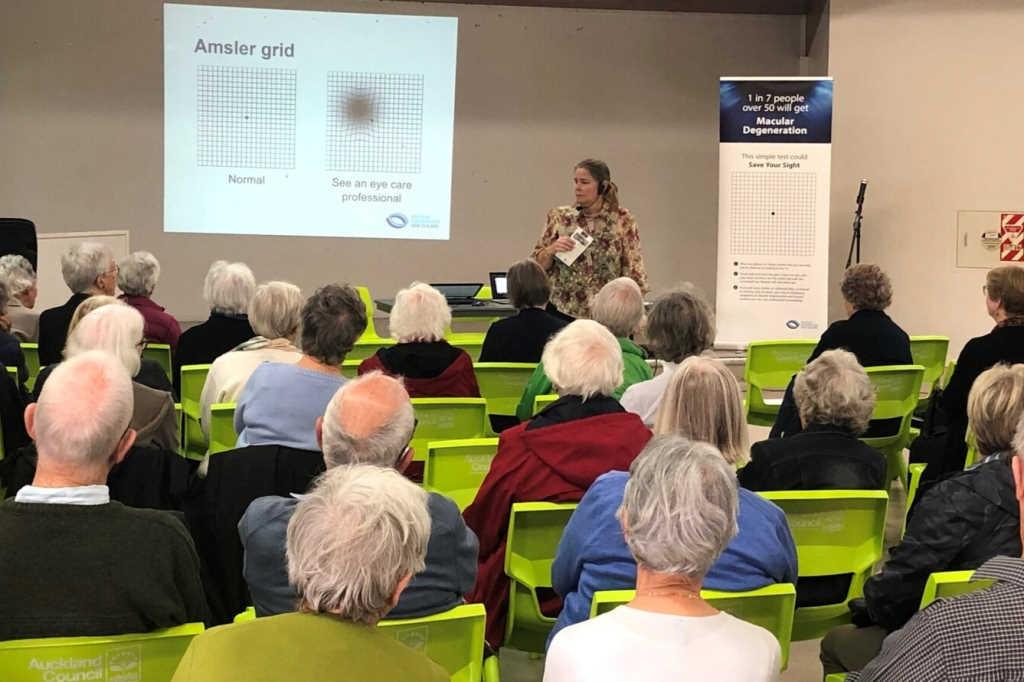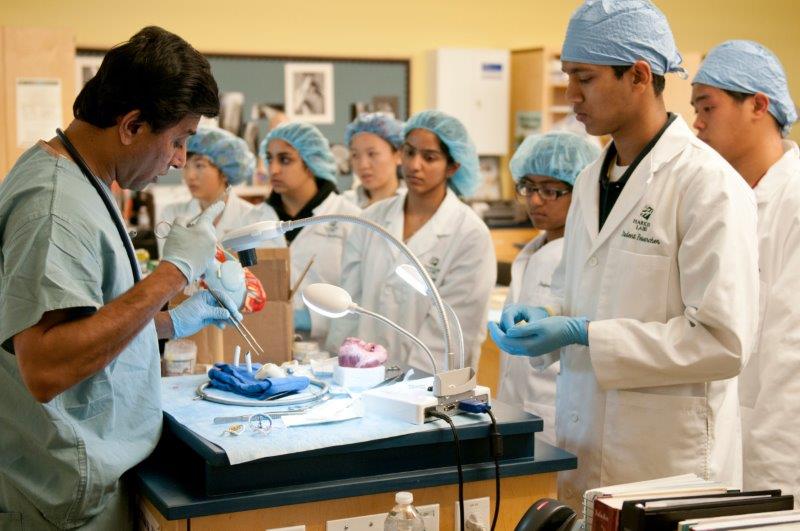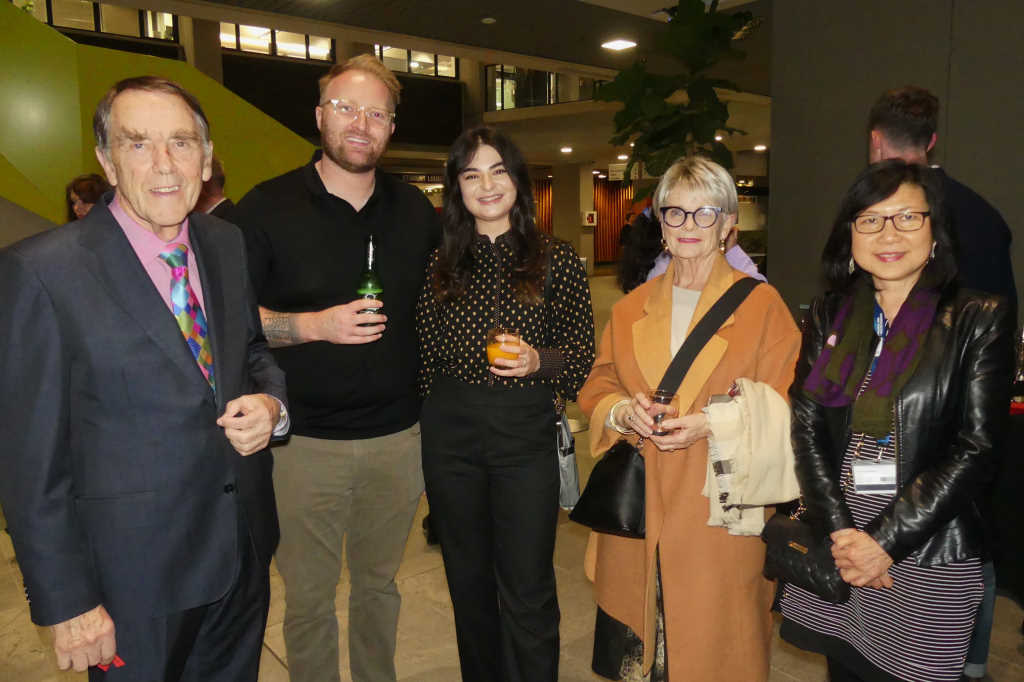New LEI centre for juvenile macular disease
The Lions Eye Institute (LEI) in Western Australia (WA) is creating a Centre of Research Excellence in Juvenile Macular Disease to spotlight an important cause of childhood blindness.
Juvenile macular degeneration is one of the most common causes of legal blindness in Australian children. Childhood blindness affects one in every 5000 children and adolescents with profound educational, personal development and economic impacts. Inherited retinal diseases account for 44 per cent of blindness in children and adolescents in WA and the most common form is juvenile macular degeneration. Exciting new molecular, gene and cell-based therapies are being developed but there is a lack of infrastructure in Australia to support accurate genetic diagnosis of affected children and monitoring of disease progression to identify those children most at risk of losing their eyesight.
The Centre of Research Excellence is being funded with a $250,000 Telethon Perth Children’s Hospital Research Fund grant. It is headed by Dr Fred Chen from LEI, with a team of research scientists from Sir Charles Gairdner Hospital, Perth Children’s Hospital, Murdoch University, CSIRO and Queensland University of Technology.
Dr Chen said juvenile macular degeneration had been a neglected research area for too long. He said it was not uncommon for diagnosis to be delayed by months or years, leading to lost opportunities for children to receive additional visual support – especially at school. “It is time that it receives appropriate resources to reduce delays in clinical diagnosis, improve accuracy of genetic diagnosis and develop disease progression monitoring tools,” he said.
“The centre will be highly innovative as it’s the first attempt to bring together five separate but related aspects in the clinical management of juvenile macular degeneration: early clinical recognition, accurate genetic diagnosis, clinical protocol for disease monitoring, modelling of disease in the petri dish and personalised medicine development. “We believe an integrated approach will empower each patient and facilitate collaborative research to understand this disease and discover new treatments. “It will also allow us to develop and implement a clinical protocol for monitoring disease progression rates and identify the most suitable candidates for molecular, gene and cell-based therapies.”
Perth parents Chris and Cathy McAuliffe have two children – Zac and Heath - with Stargardt disease. It affects the macula and causes progressive central vision loss. The McAuliffes faced long delays in getting an accurate diagnosis for Zac and have welcomed the creation of a Centre of Excellence to help other families in their position. “A faster diagnosis would have saved a lot of heartache and frustration and reduced the level of fear we all felt as Zac was losing his vision so quickly,” Cathy said. “Families like ours need early support and good information to rely on and although there are no treatments or cures for Stargardt disease yet, we are hopeful that researchers like Dr Chen will help discover the treatments of the future.”









